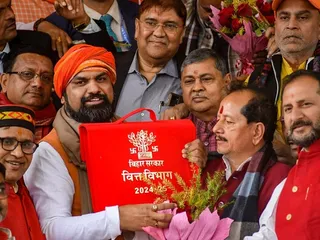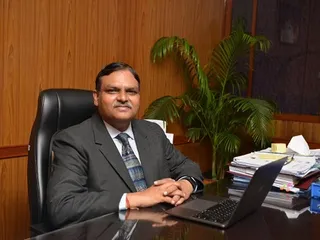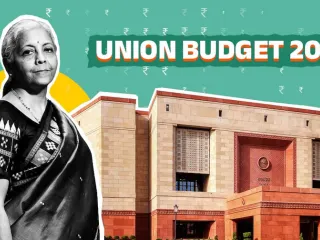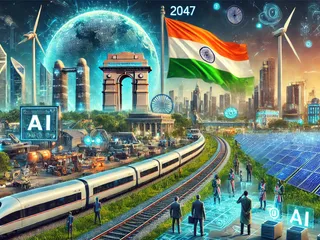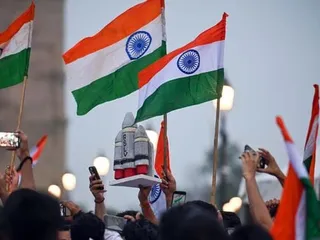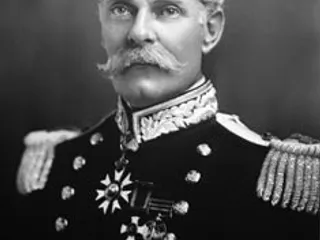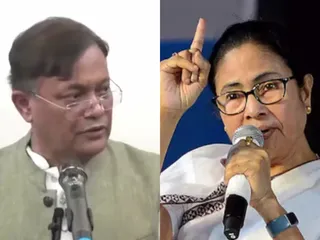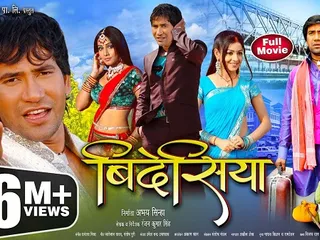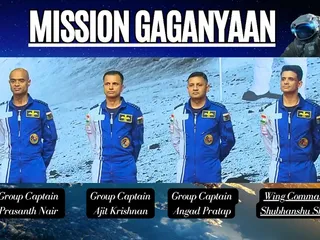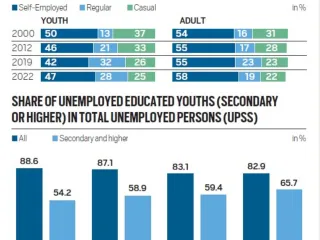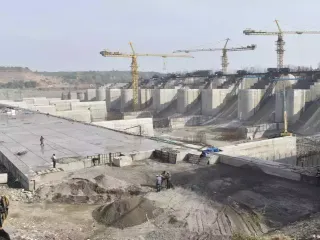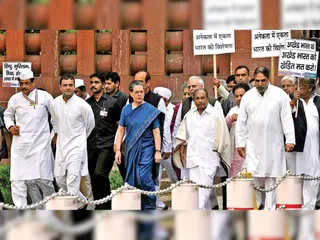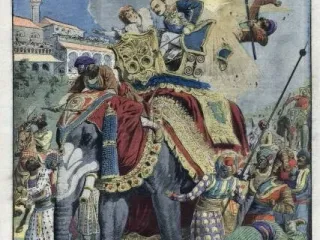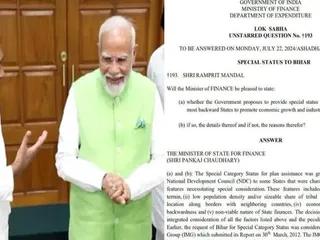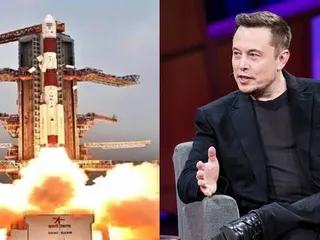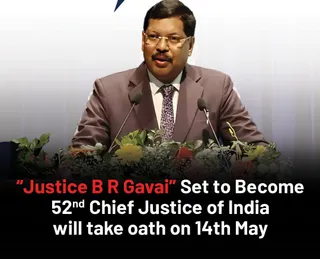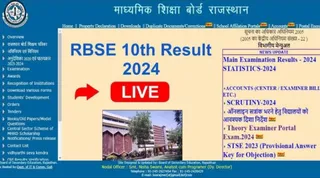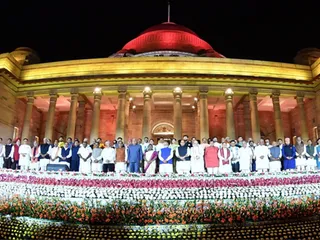Narendra Damodardas Modi is the 14th and current Prime Minister of India, holding office since May 2014. A member of the Bharatiya Janata Party (BJP), he previously served as the Chief Minister of Gujarat from 2001 to 2014. His political career has been marked by a blend of significant achievements, ambitious policies, and considerable controversy.
Early Life and Rise in Politics: Born in Vadnagar, Gujarat, in 1950, Modi's early life was characterized by humble beginnings. He joined the Rashtriya Swayamsevak Sangh (RSS) at a young age, a Hindu nationalist organization that significantly shaped his ideology. His political career began within the BJP, steadily climbing the ranks through various organizational roles before becoming Chief Minister of Gujarat.
Chief Ministership of Gujarat (2001-2014): Modi's tenure as Chief Minister was pivotal in establishing his national profile. His focus on economic development, infrastructure projects, and industrial growth attracted both praise and criticism. While credited with improving Gujarat's infrastructure and attracting investment, his administration faced accusations of mishandling the 2002 Gujarat riots, a period of communal violence that resulted in significant loss of life. This remains a highly debated and sensitive aspect of his political career.
Prime Ministership (2014-Present): Modi's election as Prime Minister in 2014 marked a watershed moment in Indian politics. His campaign, centered on themes of development, good governance, and strong leadership, resonated with a large segment of the electorate. Key policy initiatives during his premiership include:
- Make in India: Aimed at boosting domestic manufacturing and reducing reliance on imports.
- Swachh Bharat Abhiyan (Clean India Mission): A nationwide cleanliness campaign.
- Demonetization (2016): A controversial policy that aimed to curb black money and counterfeit currency.
- Goods and Services Tax (GST): A significant tax reform designed to simplify the tax system.
- Ayushman Bharat: A national health insurance scheme.
Foreign Policy: Modi's government has pursued an active and assertive foreign policy, strengthening relationships with various countries, particularly in Asia and the West. He has undertaken numerous foreign visits, promoting India's interests on the global stage.
Achievements and Criticisms: Modi's tenure has seen significant economic growth, infrastructure development, and improvements in certain social indicators. However, criticisms persist concerning issues such as rising unemployment, social inequality, and the handling of certain policy initiatives. His administration has also faced accusations of suppressing dissent and curtailing press freedoms, which remain subjects of ongoing debate.
Conclusion: Narendra Modi's political journey is a complex and multifaceted one. His influence on Indian politics is undeniable, and his legacy will continue to be debated and analyzed for years to come. His policies and actions have had a profound impact on India's social, economic, and political landscape, and understanding his trajectory is crucial for comprehending contemporary India.



